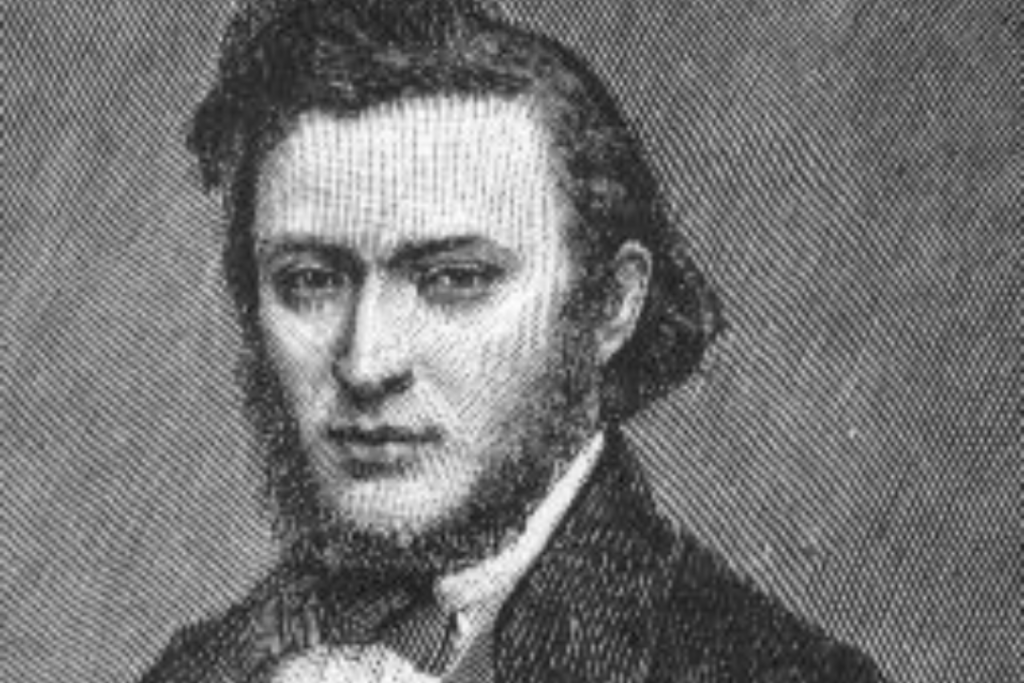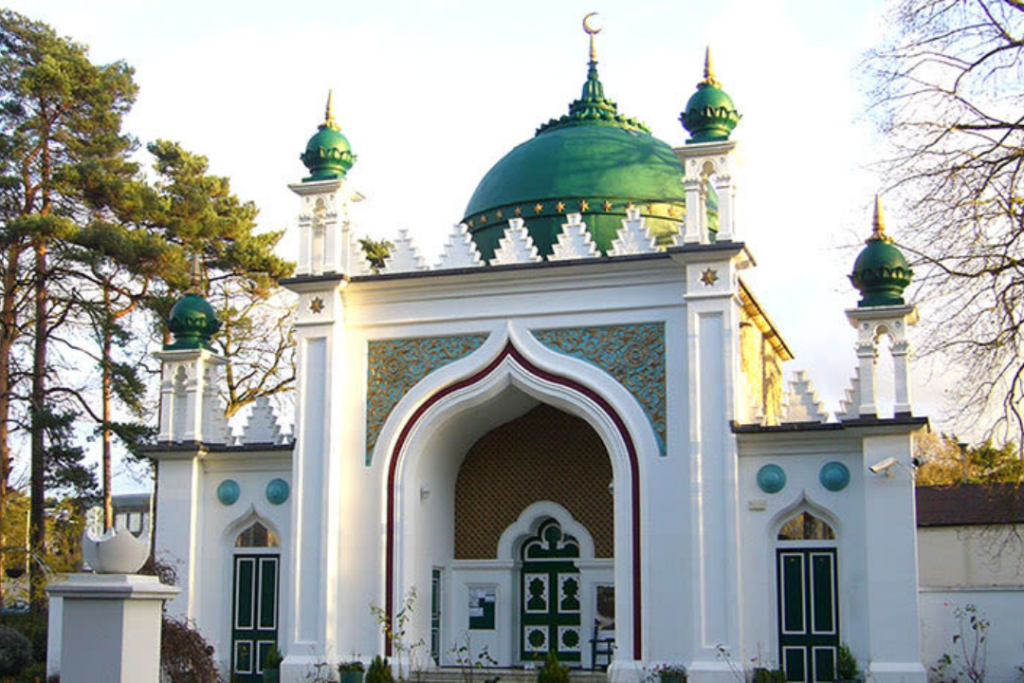In the late 19th century, amidst a backdrop of cultural exchange and religious exploration, the idea of Woking Mosque took root, marking a significant milestone in British Islamic history. Led by Dr. Gottlieb Wilhelm Leitner, a non-Muslim visionary scholar, and supported by Nawab Begum of Bhopal, Shah Jahan Begum, this architectural marvel came to life as a symbol of religious harmony and understanding.

Dr. Gottlieb Wilhelm Leitner, although not a Muslim himself, was deeply committed to fostering interfaith dialogue and providing a place of worship for Muslims in Britain. In 1889, he conceived the idea of establishing Woking Mosque, recognising the importance of creating a space that celebrated diversity and promoted mutual respect among different faith communities.
Collaborating with Nawab Begum of Bhopal, Shah Jahan Begum, a prominent female ruler known for her generosity and patronage of educational and cultural endeavours, Dr. Leitner secured the necessary support to turn his vision into reality. Her contribution was instrumental in the construction of Woking Mosque, laying the foundation for its enduring legacy.
Under the guidance of renowned architect William Isaac Chambers, the construction of Woking Mosque began, blending elements of Islamic architecture with Victorian design principles. The mosque’s graceful minarets and intricate domes served as a testament to the fusion of cultures and the spirit of harmony that defined British society during that period.
On 6 July 1889, the foundation stone of Woking Mosque was laid, marking the commencement of a monumental endeavour aimed at creating a space of worship and cultural exchange. Over the following years, the mosque took shape, becoming not only an architectural marvel but also a cultural landmark that continues to inspire visitors from all walks of life.

The completion of Woking Mosque held immense significance during Queen Victoria’s reign, reflecting the era’s spirit of religious tolerance and cultural curiosity. At a time when British society was increasingly interconnected with global cultures, the mosque’s establishment symbolised Queen Victoria’s progressive vision of inclusivity and diversity.
Moreover, Woking Mosque’s impact on Muslim heritage in the United Kingdom cannot be overstated. As the first purpose-built mosque in the country, it provided a sacred space for worship and reflection, fostering a sense of community and belonging among Muslims in Britain. Additionally, its presence contributed to the rich tapestry of religious pluralism, reinforcing the values of mutual respect and understanding among different faith communities.
Today, Woking Mosque stands as a testament to the enduring legacy of Dr. Gottlieb Wilhelm Leitner, Nawab Begum of Bhopal, Shah Jahan Begum, and all those who contributed to its construction. It continues to play a vital role in.
This post is part of our Muslim Heritage series, you can read about the remarkable legacies of inspiring Muslim figures and institutions who have etched their impact on history here.

